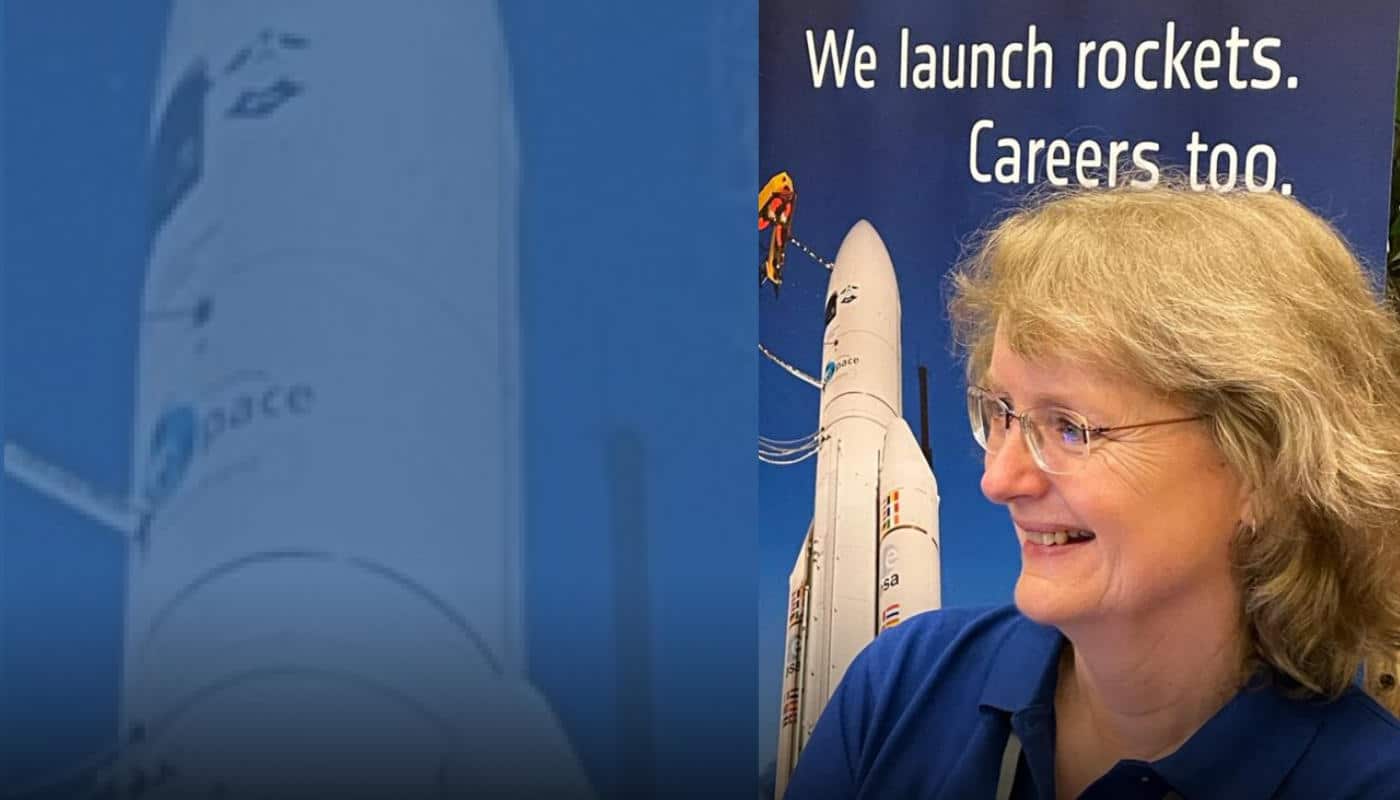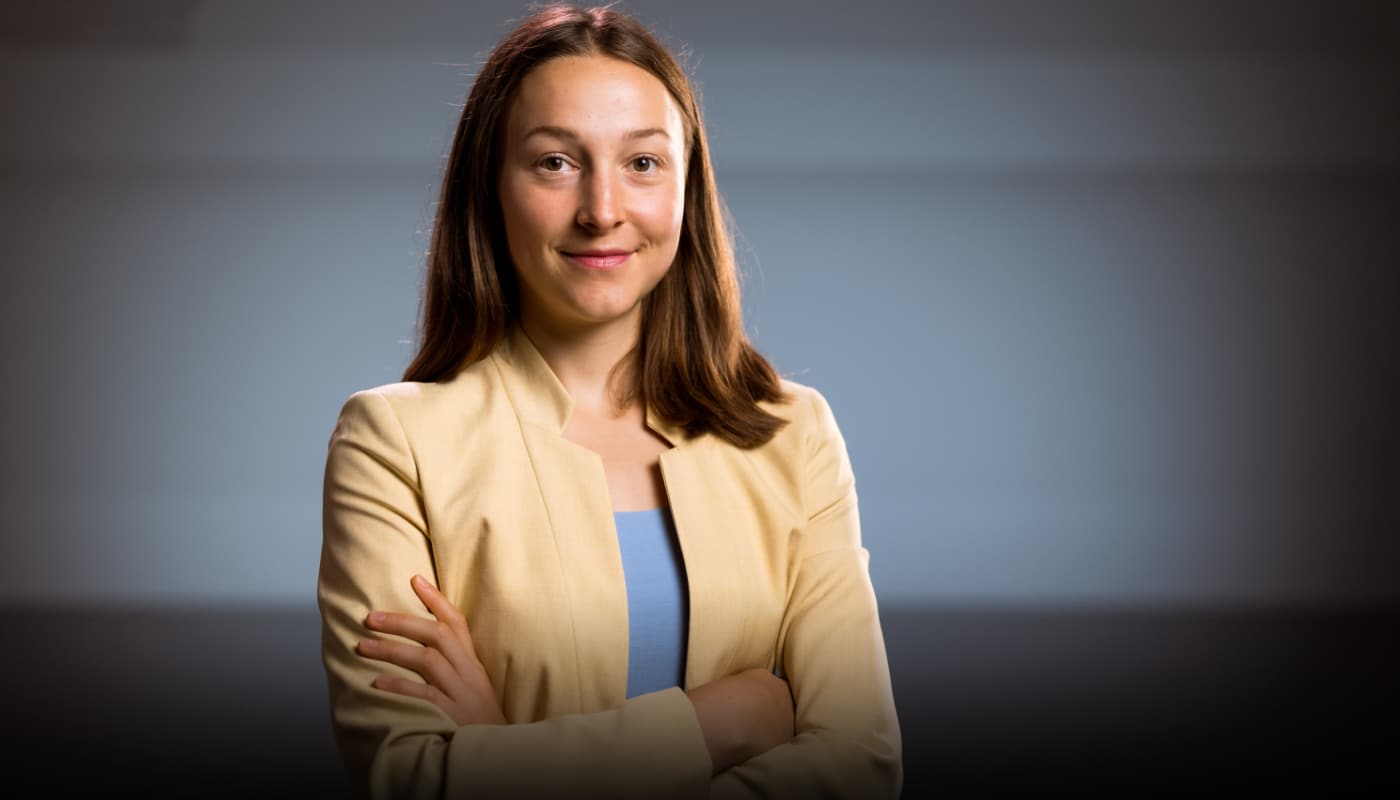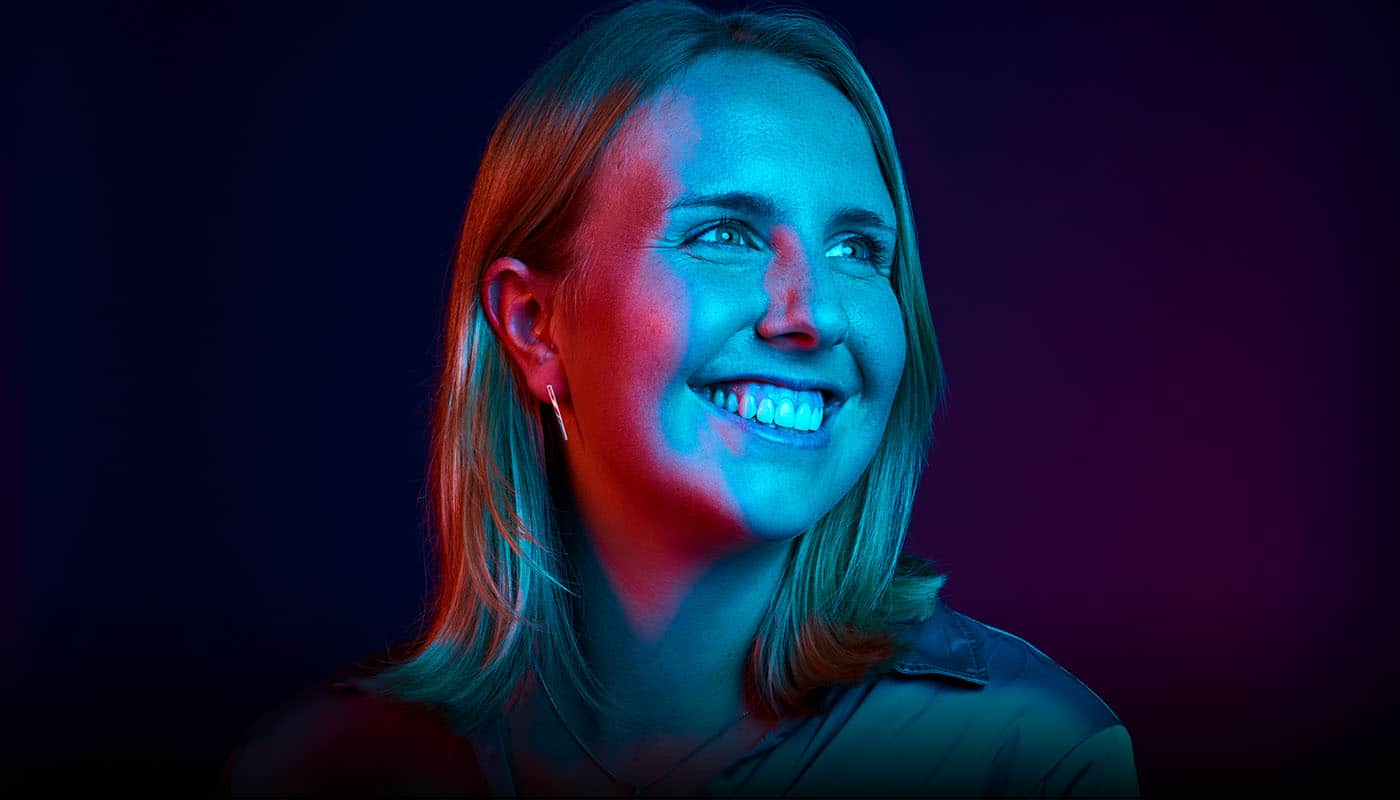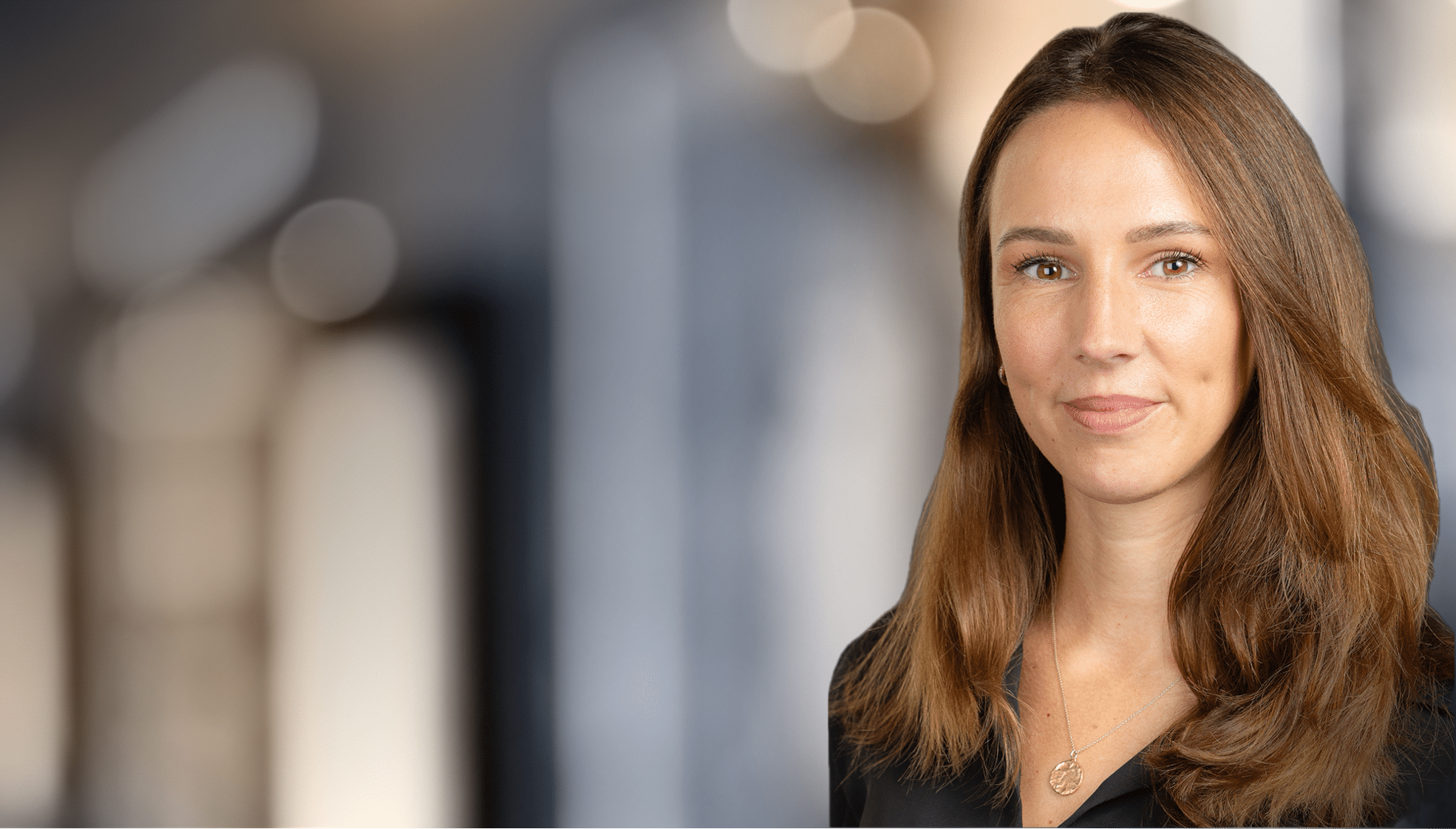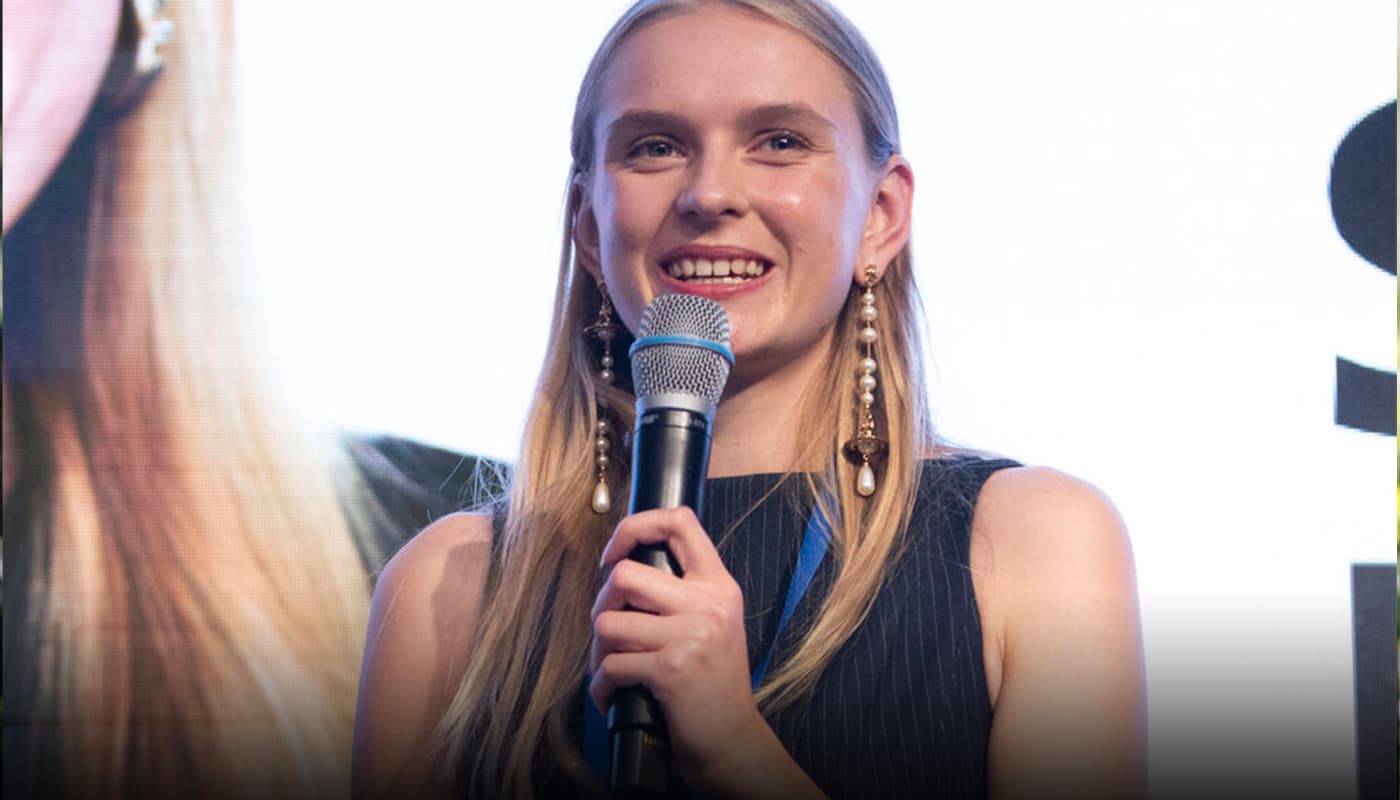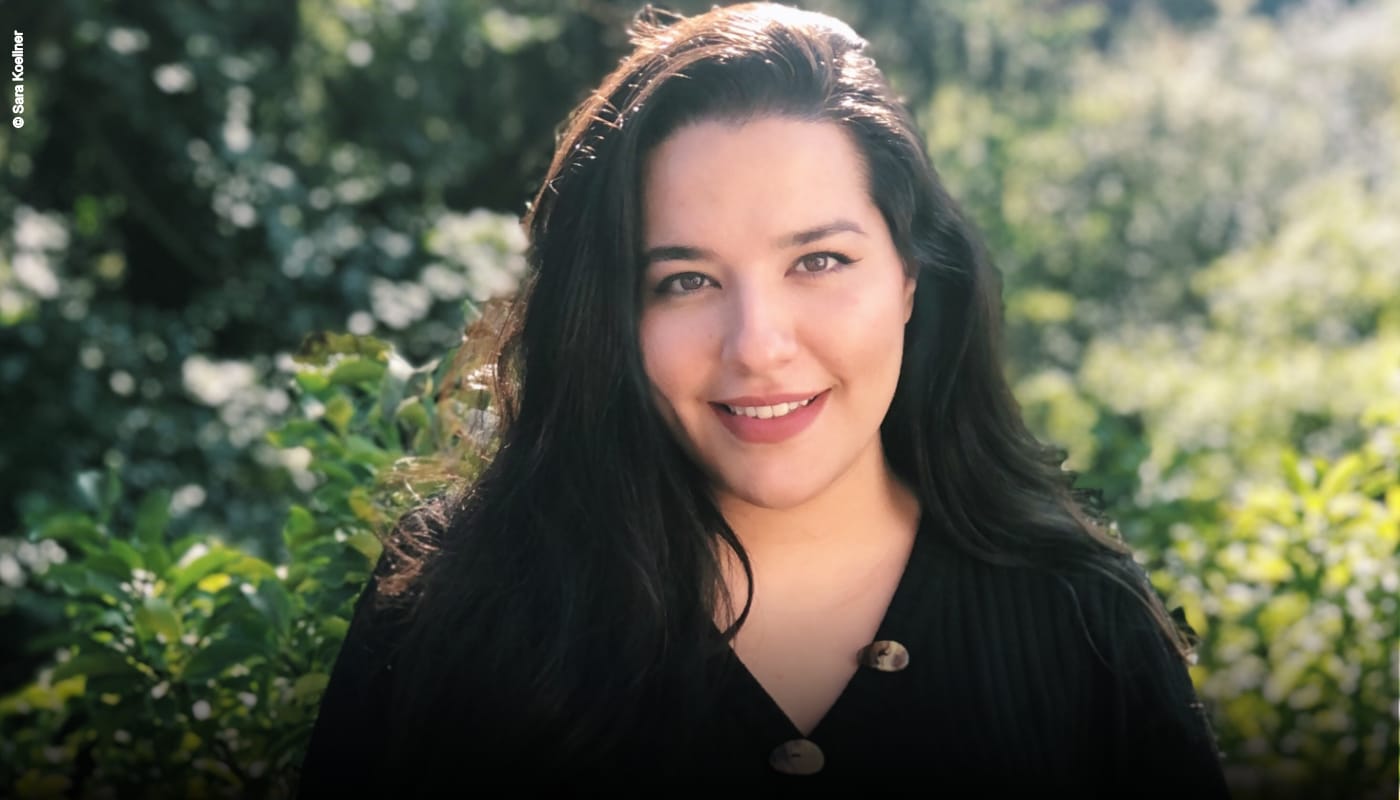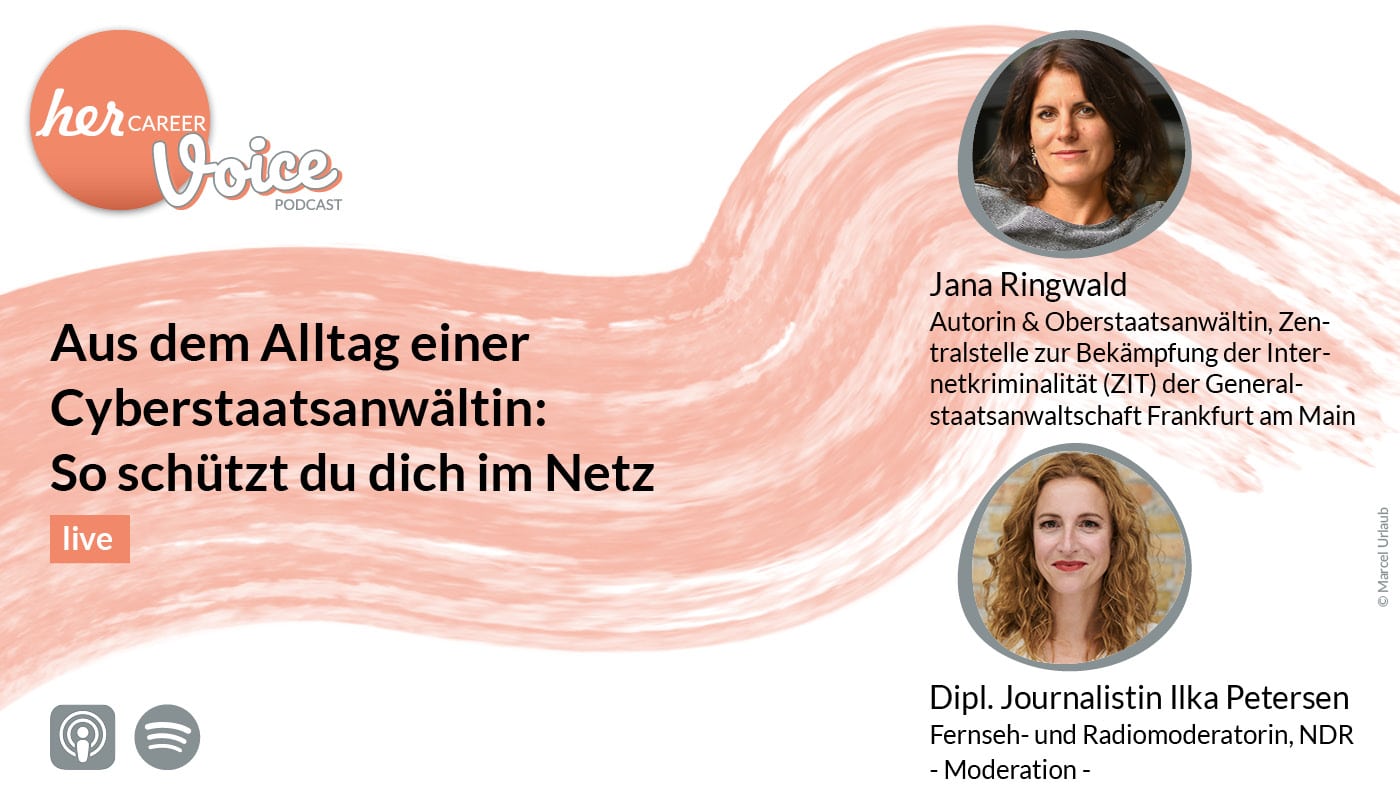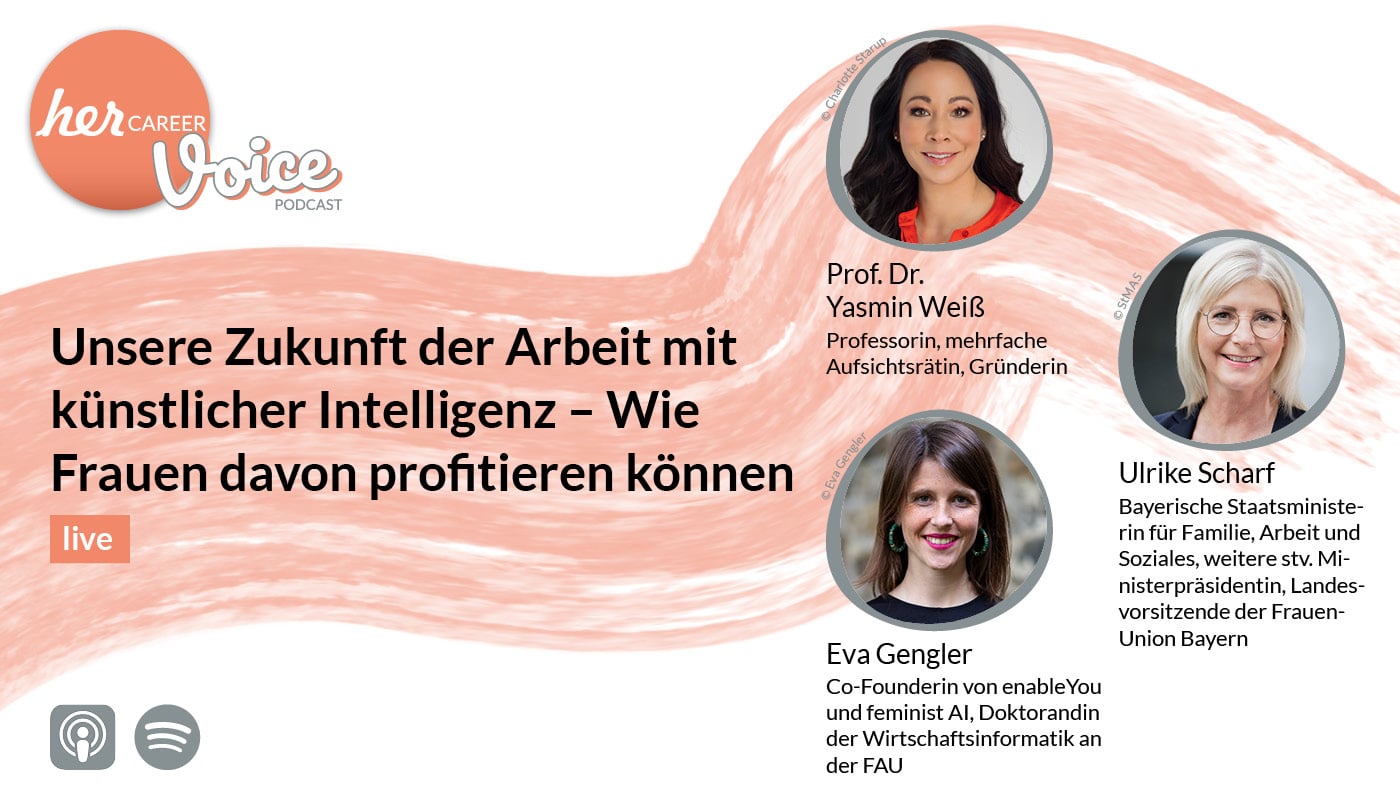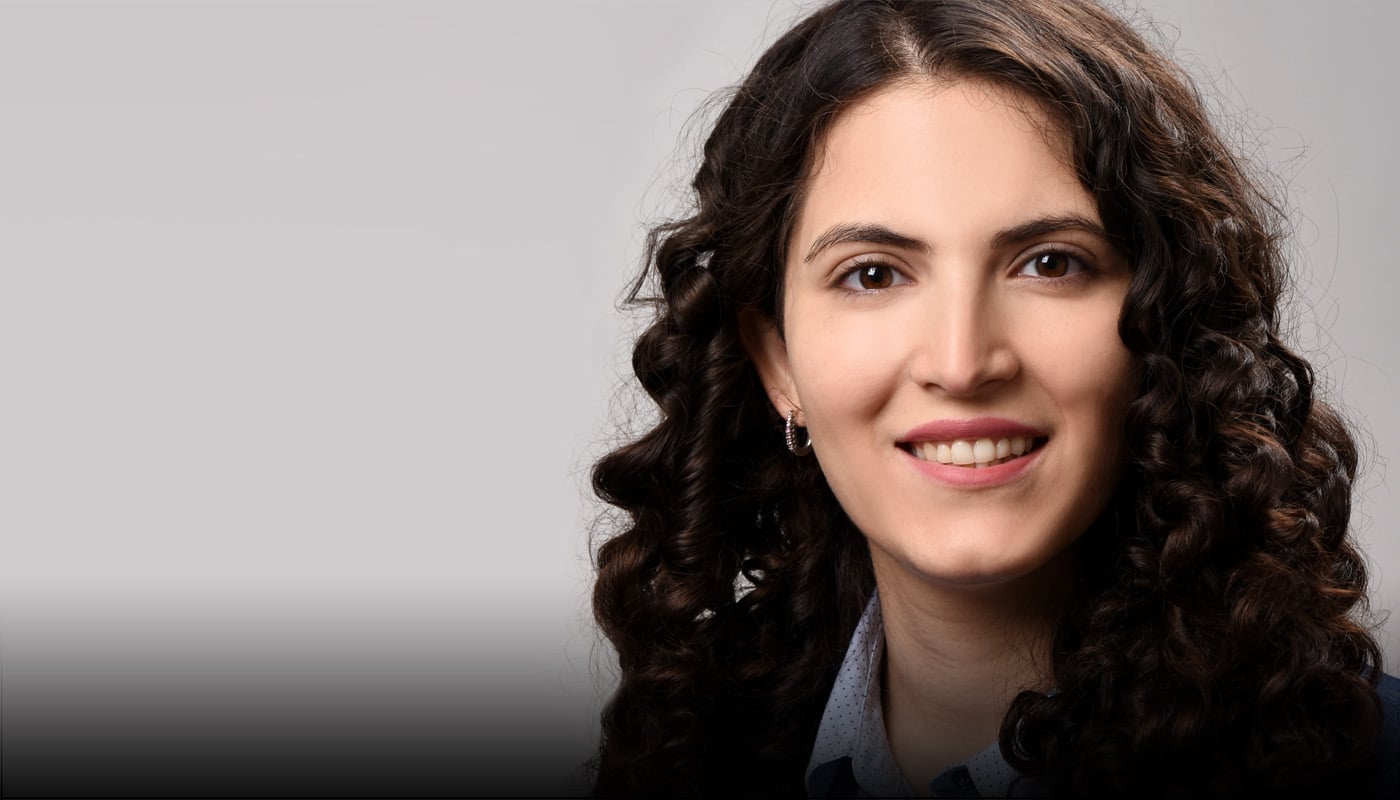What is it like to work in the space sector and particularly at the European Space Agency? How has the space sector and its jobs evolved? Lucy van der Tas, Head of Talent Acquisition, joined the European Space Agency in 1983. In the interview with herCAREER, she will share her unique and long-term perspective. Read what it was like to come into a traditionally male-dominated and engineering environment as a woman and non-engineer and what has changed over the years.
„Another challenge is that the space sector requires highly qualified workers“
herCAREER: What were the biggest challenges at the beginning of your career at the European Space Agency?
Lucy van der Tas: I was in my early 20s when I joined ESA, and it was not a conscious decision to move to the space sector. I wanted to move to the Netherlands and find a job in an English-speaking, preferably expatriate, environment. I never dreamed for a second that I would stay 40 years with ESA! I am also not an engineer or a scientist. My background is in languages, and I originally qualified as a translator. This, of course, helped me immensely in ESA’s multi-cultural environment, and then I found that I started to develop a passion for space – and for engineering and science.
The job of HR Advisor to the Directorate of Technology, Engineering and Quality, which I took up in 2010, gave me unique insights into the organisation and the work of the people in it. This directorate provides specialised engineering support to the ESA projects and programmes, and it was through the recruitment of the engineers to provide this support that I started to really understand in detail what goes into each ESA project.
Even now, after 40 years, I still get a lump in my throat watching a successful launch, even more so now that I know how hard people have worked to make this happen.
herCAREER: Has the sector evolved since, or is there still a need for more diversity in the space industry?
Lucy van der Tas: I feel that the sector has evolved tremendously over the past 40 years. When I started working for ESA, the representation of women was only 19.5%. We are now looking at around 29% of women working in ESA in our staff positions, which is slightly above the average for the sector. This percentage is higher if we include our entry-level programmes, so I see the potential for a positive evolution in the future. And, of course, the representation of women in non-engineering and non-scientific roles is much higher than in other domains.
However, it is clear that there is still quite some work to be done, not just in terms of gender diversity. All forms of diversity should be considered. I cannot speak here for the whole space sector, but I find ESA a very diverse and inclusive environment. There are more aspects to diversity than just gender, for example disability or sexual orientation, which are represented and, more importantly, are accepted and welcomed at ESA.
Another challenge is that the space sector requires highly qualified workers, and a master’s degree is often the minimum educational requirement. This already filters out some sectors of society, even more so when countries start cutting back on access to universities by reducing student support or increasing study fees. While I understand the economic necessity for such measures, I find it a very short-term view. Investing in the education of the next generations should be a top priority for all of us!
Having said all this, the space sector remains an engineering/scientific domain, and we cannot remove this aspect as this is what makes it successful. Space is not just a dream. It also brings hard economic advantages with it through spin-offs from investments in space-related research and technology.
herCAREER: What does it take to attract more women to a career in the space sector?
Lucy van der Tas: First of all, we need to promote STEM studies to children and students, especially girls and women, so that they are fully aware of the choices open to them. And then we need to encourage them to stay in the STEM domain. Unfortunately, many move away from it after completing university studies.
Secondly, we need to remind women that the space sector is not all about engineering and science and that there are many other roles where they could work. Finance, legal, and HR are just a few examples. But even those who are engineers and scientists often don’t believe a career in space is for them. They often need reminding that the space sector is not just about astronauts and astrophysicists, as these actually form a very small segment of the people working there.
Thirdly, we need to encourage women to follow their hearts. Too many women are not encouraged to go into STEM for various reasons. If you wish to join a sector where you know women are in the minority and then you don’t get the support and encouragement from your friends and family, it is hardly surprising that some give up their dreams and go into more traditional domains. I find this so sad. We should not impose gender-specific boundaries on young women today, not in 2023! I have tried to support my son in all his endeavours and to help him be the best version of himself. It is his evolution that is important here, not mine. If I had had a daughter, I would have taken exactly the same approach.
And lastly, I would like to change the rather woman-unfriendly reputation that the space sector has. I regularly meet extremely competent and professional women in the space sector who have made excellent careers, both inside and outside ESA, and not just in the engineering or science domains. They are great role models, and I would like to be able to give them more limelight so that they, too, can show what it means to be a woman in the space sector. There are three of them joining me at the ESA booth at the herCAREER event next week. and I invite my readers to join us there and learn more.
herCAREER: Would you act as a sparring partner? If yes, we ask you to name the topics for which you would be available as a sparring partner in keywords.
Lucy van der Tas: Careers in STEM, the space sector or at the European Space Agency. Hints and tips for applications and interviews.
Vita
Originally from the UK, Lucy has worked at the European Space Agency for 40 years in the Human Resources Department and she is based at ESA’s technical centre (ESTEC) in the Netherlands. From 2010 to 2020, she was responsible for recruitment and career management for one of the largest ESA engineering directorates. Prior to that she was Head of Training at ESTEC. In October 2020, she took up the role of Head of Talent Acquisition at ESA. She and her team promote ESA as an employer to potential candidates from a wide range of backgrounds.
